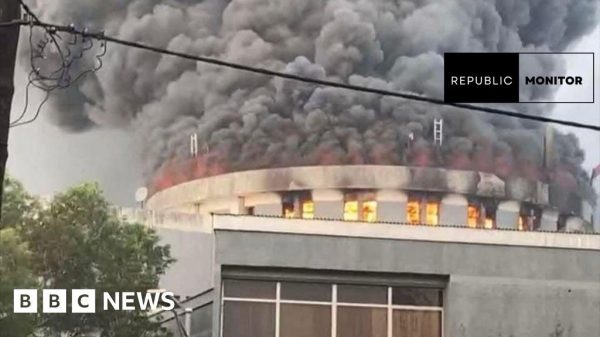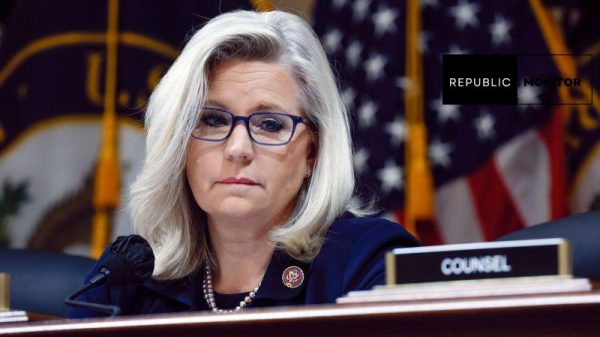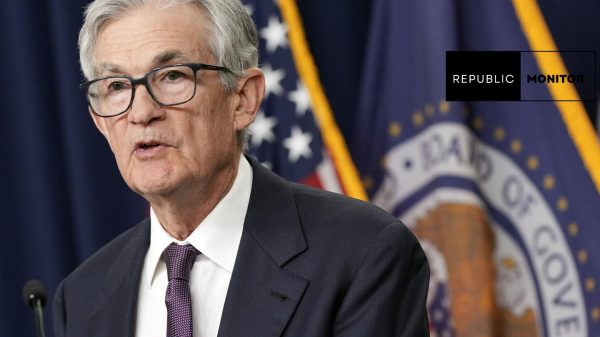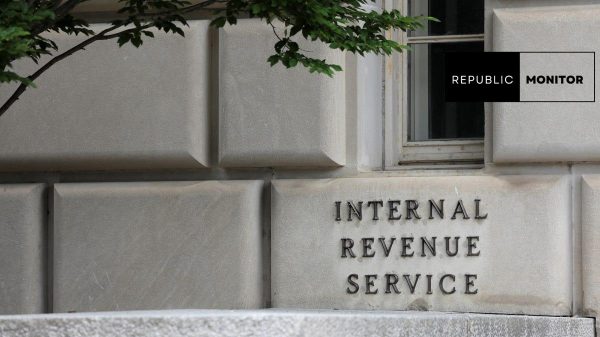Two authenticated studies published on Wednesday confirm that the immunological protection provided by two doses of Pfizer’s Covid-19 vaccine wanes after two months; nevertheless, protection against severe disease, hospitalization, and death remains strong, CNN health news reported.
The studies conducted in Israel and Qatar and published in the New England Journal of Medicine back up claims that even fully vaccinated people should take precautions against infection.

Vials of Pfizer-BioNTech Covid-19 Vaccine (Photo: CIDRAP)
Findings of the Two Studies
One Israeli study, which included 4,800 healthcare personnel, discovered that antibody levels decline rapidly after the two doses of vaccine, particularly among men 65 years of age or older and among immunosuppressive individuals. Dr. Gili Regev-Yochay of Sheba Medical Center, together with his team, wrote the prospective longitudinal cohort study was carried out with the participation of health care workers at the hospital, a large tertiary medical center in Israel.
Read Also: Man Files A Lawsuit Forcing Healthcare Officials To Use Ivermectin To Treat His Wife
Published research on numerous vaccines, such as those against measles, mumps, and rubella, has revealed a slight drop in neutralizing antibody levels of 5 to 10% per year, they stated. However, within months of vaccination, they observed a considerable and quick decline in the humoral response to the BNT162b2 — also known as Pfizer-BioNTech vaccine.
The study also found that patients who were vaccinated after contracting COVID-19 infection have longer-lasting immunity. It’s most effective for persons who have recovered from infection and subsequently been vaccinated. General evidence from their trial and others shows that long-term humoral response and vaccine effectiveness in previously infected patients were superior to those ordinary recipients of two doses of vaccine, they concluded.
The second study conducted in Qatar investigated actual infections among the highly vaccinated population of that small nation where residents there mostly received Pfizer-BioNTech’s vaccine.
Weill Cornell of Medicine-Laith Qatar’s Abu-Raddad and colleagues claimed BNT162b2-induced protection against infection rises rapidly after the first dosage, peaks in the first month after the second dose, and then gradually start to decline in succeeding months. The decline tends to increase after the fourth month, reaching a level of around 20% in consecutive months. Still, they reported that protection against hospitalization and death remained above 90%.
Cause of the Decreased Protection
They suggested that the decreased protection could be due to behavior. Vaccinated individuals presumably have a higher rate of social contact than unvaccinated individuals and may also adhere to safety precautions, they stated. This behavior could lower the vaccine’s real-world effectiveness in comparison to its biological effectiveness, thus explaining the waning of protection.
Health care workers and inmates at high risk of infection should get boosters, according to the US Centers for Disease Control and Prevention. The FDA approved Pfizer’s vaccine booster doses for six months after the first two doses last month.
Related Article: 37-Year-Old Woman Dies To A Blood Clot After Receiving Johnson & Johnson COVID-19 Vaccine In Washington















